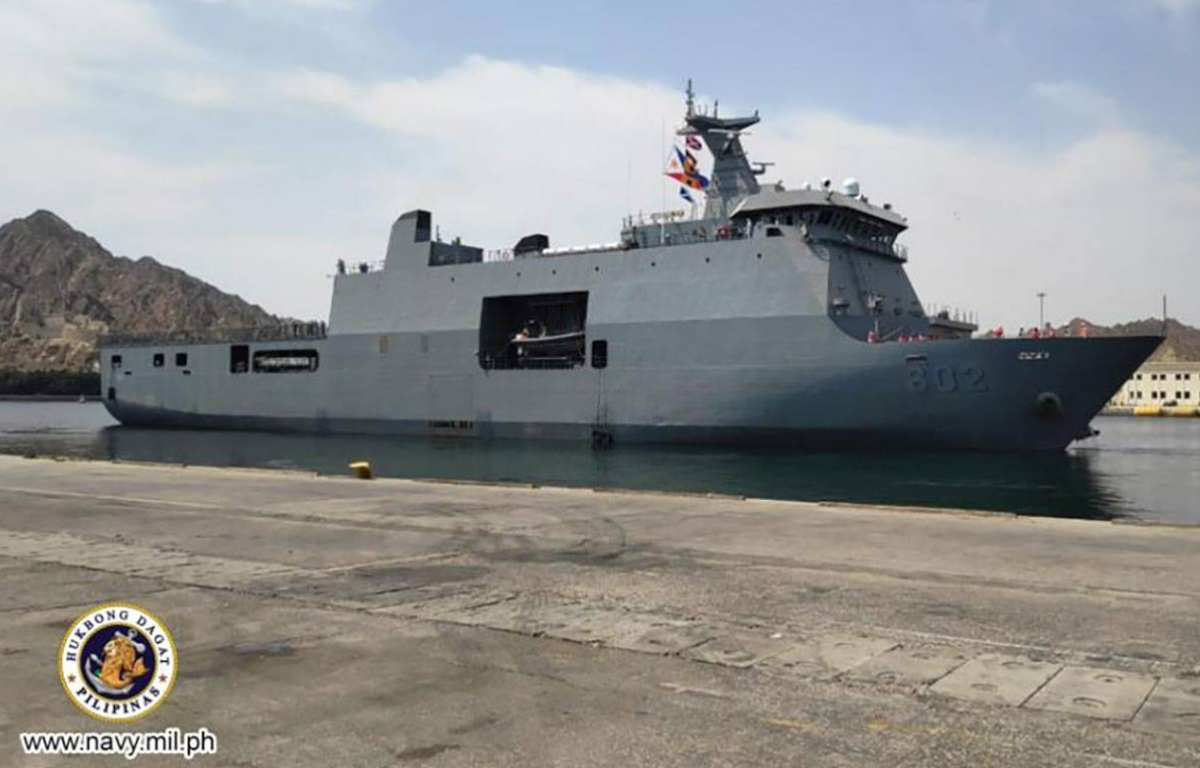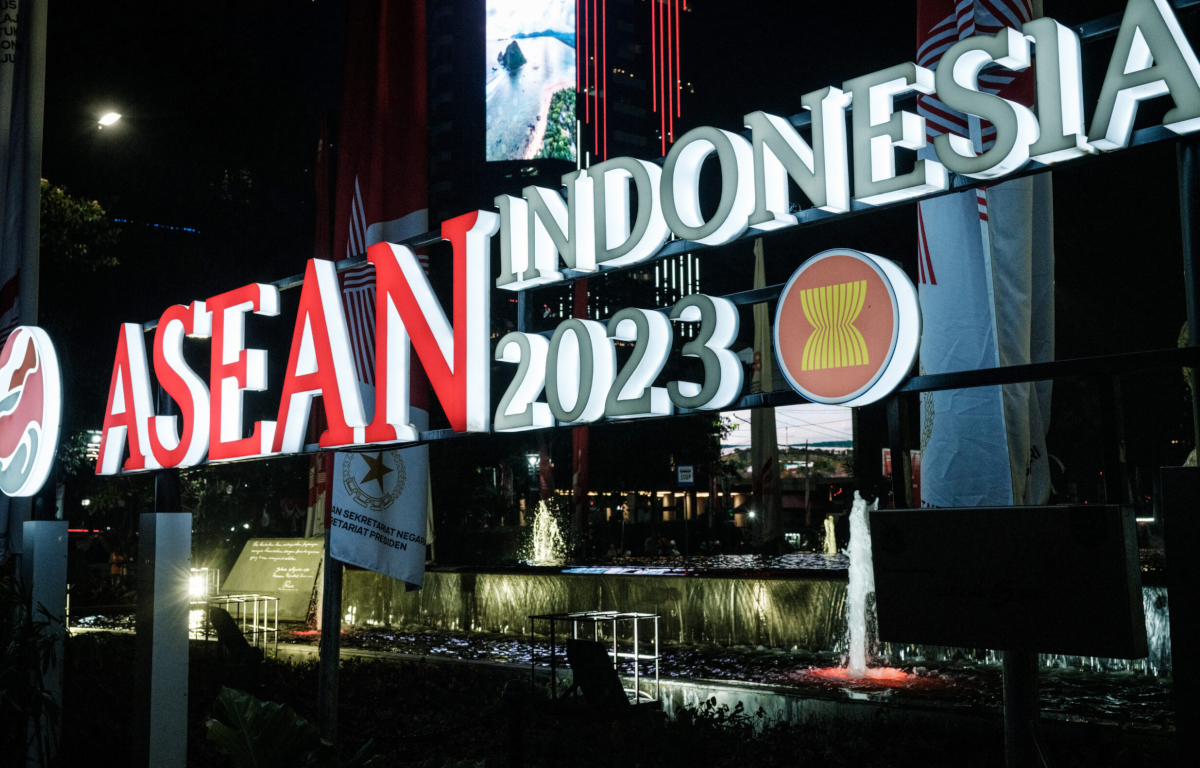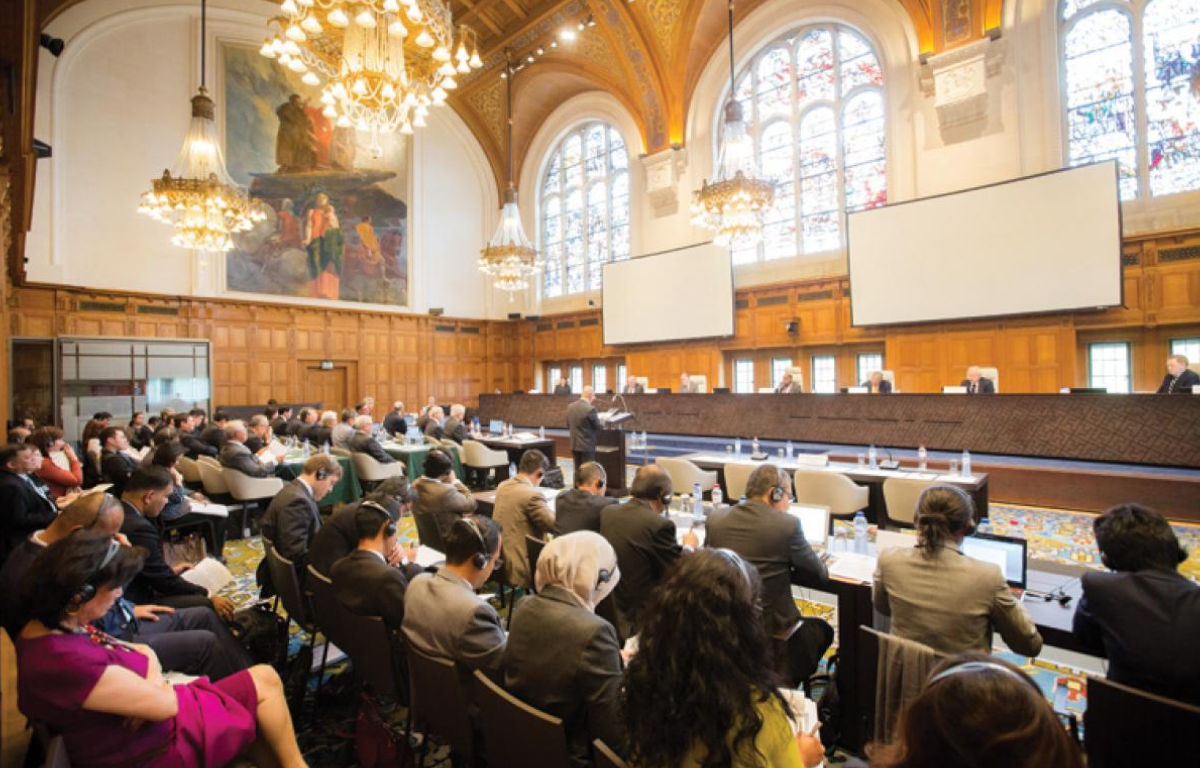
The South China Sea has been a hotspot for territorial disputes among several nations, including China, the Philippines, Vietnam, Malaysia, Brunei, and Taiwan. The Philippines, in particular, has been embroiled in a dispute with China over parts of the South China Sea, including Panatag Shoal, for many years.
Panatag Shoal is a small, uninhabited land feature located approximately 124 nautical miles west of the Philippines’ Luzon Island. The shoal is of strategic importance due to its rich fishing grounds and its proximity to vital sea lanes. Both the Philippines and China have laid claims to the area, and tensions have periodically flared up as a result.
Reports of Chinese vessels blocking Filipino fishermen from accessing Panatag Shoal are not new. In 2012, a similar standoff led to heightened tensions between the two countries. In the years that followed, the situation had appeared to ease, with some agreements to allow Filipino fishermen access to the area. However, recent incidents indicate a renewed challenge to this understanding.
Filipino fishermen, who rely on these waters for their livelihoods, have reported being harassed and turned away by Chinese maritime vessels. These incidents have raised concerns about the impact on their income and the sustainability of their communities.
The South China Sea disputes are complex and involve competing territorial claims, historical disputes, and issues related to the United Nations Convention on the Law of the Sea (UNCLOS). While an international tribunal ruled in 2016 that China’s claims in the South China Sea had no legal basis, China has refused to accept the decision. This has made it challenging to resolve these disputes through legal means alone.
Diplomacy and negotiations have played a significant role in addressing these disputes, with regional bodies and individual nations attempting to mediate and encourage dialogue. However, reaching a comprehensive and lasting resolution remains elusive, as the interests and positions of the parties involved continue to diverge.
The ongoing tensions and challenges faced by Filipino fishermen in the South China Sea have real and immediate consequences. Denied access to traditional fishing grounds not only affects their livelihoods but also raises concerns about food security in the Philippines. Access to marine resources is a critical issue for many coastal communities in the country.










Share this: